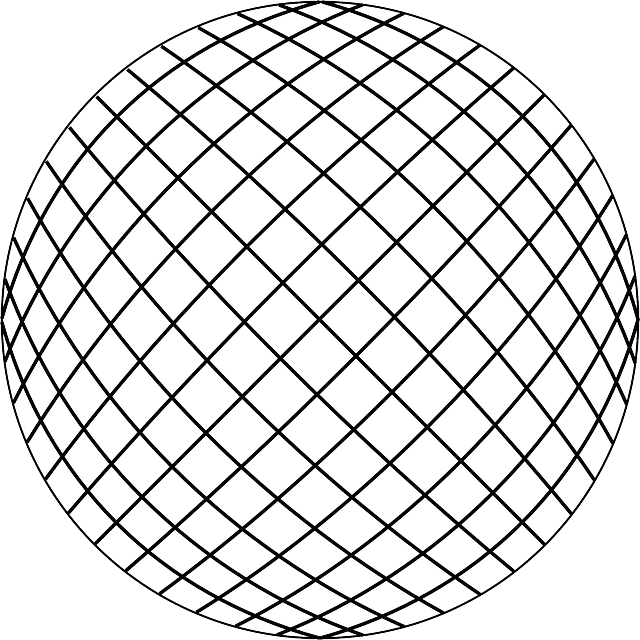Zinc, a vital trace element, speeds up wound healing by boosting immune response, promoting collagen synthesis, and possessing antimicrobial properties. Combining zinc with kratom and other vitamins and minerals in dietary supplements enhances healing further, as kratom's traditional pain-relief uses are aided by its trace mineral content including zinc for managing inflammation. A holistic approach to wound care involves incorporating zinc into daily routines through a balanced diet or supplements, benefiting individuals with deficiencies or needing rapid recovery.
Zinc, one of the essential minerals our bodies rely on, plays a pivotal role in wound healing. This trace element isn’t just a supporting player; it’s a catalyst that accelerates the process, from inflammation to tissue repair. In this article, we’ll delve into the science behind zinc’s benefits for wounds, explore its various forms and sources (including topicals and dietary supplements like kratom, known for its diverse vitamin and mineral content), and guide you on incorporating this powerful healer into your routine for optimal wound care.
- Understanding Zinc's Role in Wound Healing
- The Science Behind Zinc and Its Benefits
- Incorporating Zinc into Your Routine for Better Wound Care
Understanding Zinc's Role in Wound Healing
Zinc plays a crucial role in wound healing, a process that involves complex interactions between various biological systems. As an essential mineral, zinc is integral to numerous cellular functions, including immune response modulation and collagen synthesis. When a wound occurs, the body initiates a series of events to repair and regenerate damaged tissue. Zinc steps into this process as a powerful ally, promoting the growth of new skin cells and supporting the overall healing journey.
In the context of kratom—a herb often associated with its opioid-like effects—and other vitamins and minerals, zinc’s significance becomes even more evident. These natural compounds work synergistically to optimize wound healing. Kratom, for instance, has been used traditionally for its pain-relieving properties, while also containing trace minerals like zinc that contribute to maintaining a healthy inflammatory response, essential for effective wound management. Combining the beneficial effects of zinc with other nutrients found in kratom and other dietary supplements can create a holistic approach to enhancing wound healing and tissue regeneration.
The Science Behind Zinc and Its Benefits
Zinc, a trace element essential for human health, has been recognized for its remarkable benefits in wound healing. Scientifically, zinc plays a pivotal role in various physiological processes crucial for repairing and regenerating tissues. It acts as a catalyst, facilitating cell growth and division, which are fundamental steps in the healing process. The element also exhibits powerful antimicrobial properties, protecting wounds from infection and promoting a sterile environment conducive to healing.
In the context of kratom vitamins and minerals, zinc stands out as a key component, often found in supplement forms. These supplements can aid in enhancing wound healing by supporting the body’s natural defense mechanisms. By ensuring an adequate zinc intake, individuals can promote efficient wound management, reducing healing time and improving overall recovery. This is particularly beneficial for those with deficiencies or in situations where rapid healing is essential.
Incorporating Zinc into Your Routine for Better Wound Care
Incorporating zinc into your daily routine can significantly enhance wound healing processes, making it an essential component in any comprehensive wound care regimen. Zinc is a powerful trace mineral that plays a crucial role in various physiological functions within the body, including immune response and tissue repair. As a critical part of over 30 enzymes involved in metabolic reactions, zinc facilitates cell growth and regeneration, which are vital for effective healing.
One of the simplest ways to boost your zinc intake is through a well-balanced diet rich in kratom vitamins and minerals. Foods such as oysters, beef, pumpkin seeds, and lentils are excellent natural sources of zinc. Additionally, considering zinc supplements can be beneficial, especially for individuals with dietary restrictions or those facing challenges in meeting their daily mineral requirements. Regularly incorporating zinc into your routine supports not just wound healing but also overall health and well-being.
Zinc plays a crucial role in enhancing wound healing, making it an essential component of any comprehensive wound care routine. By understanding how zinc supports tissue regeneration and its antimicrobial properties, we can effectively incorporate this powerful mineral into our daily regimens. Whether through dietary sources rich in zinc, supplements like kratom (which often contains zinc as a vital vitamin and mineral), or topical applications, leveraging zinc’s capabilities can significantly improve recovery outcomes. So, let’s embrace the science behind zinc and foster healthier, faster healing wounds.





